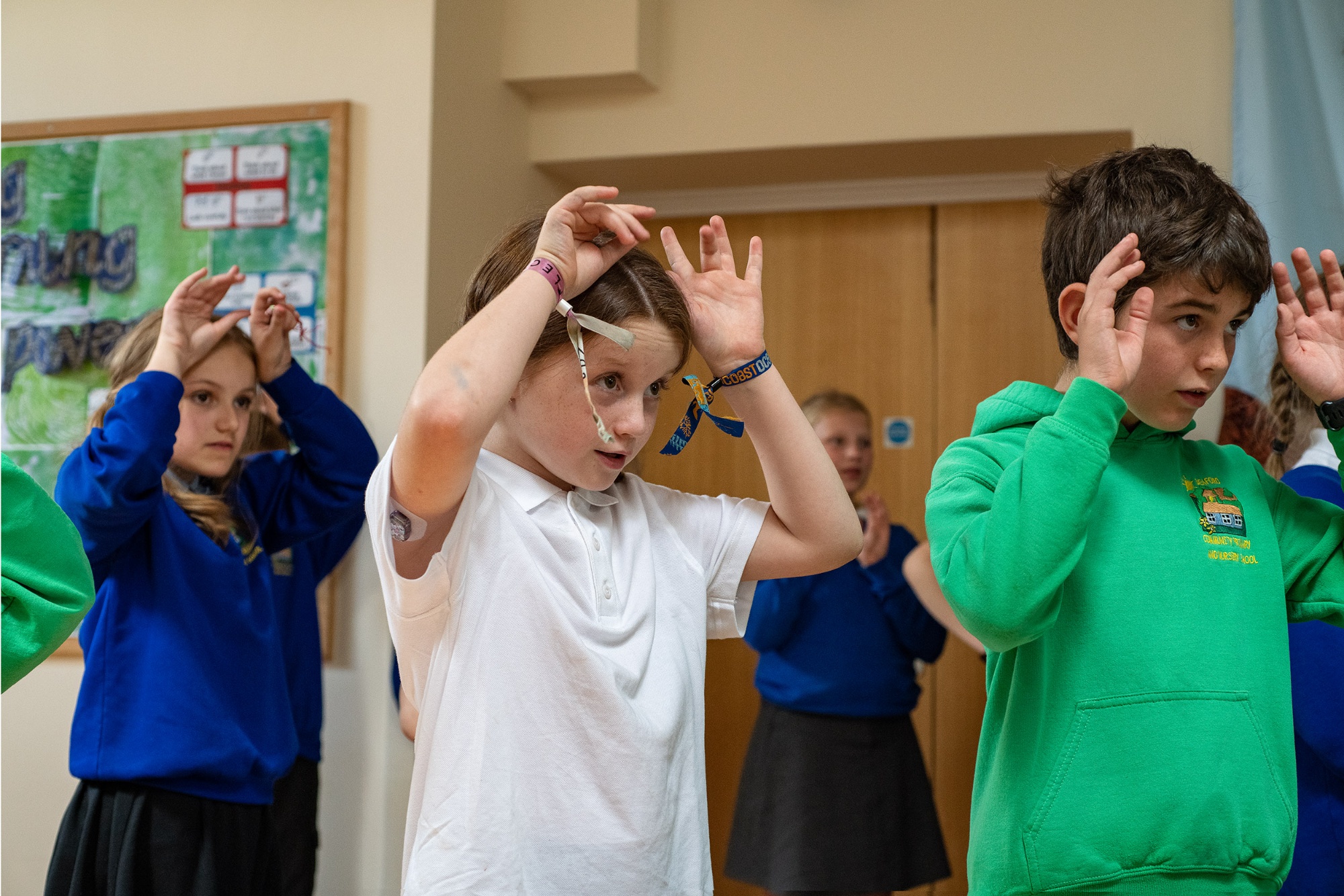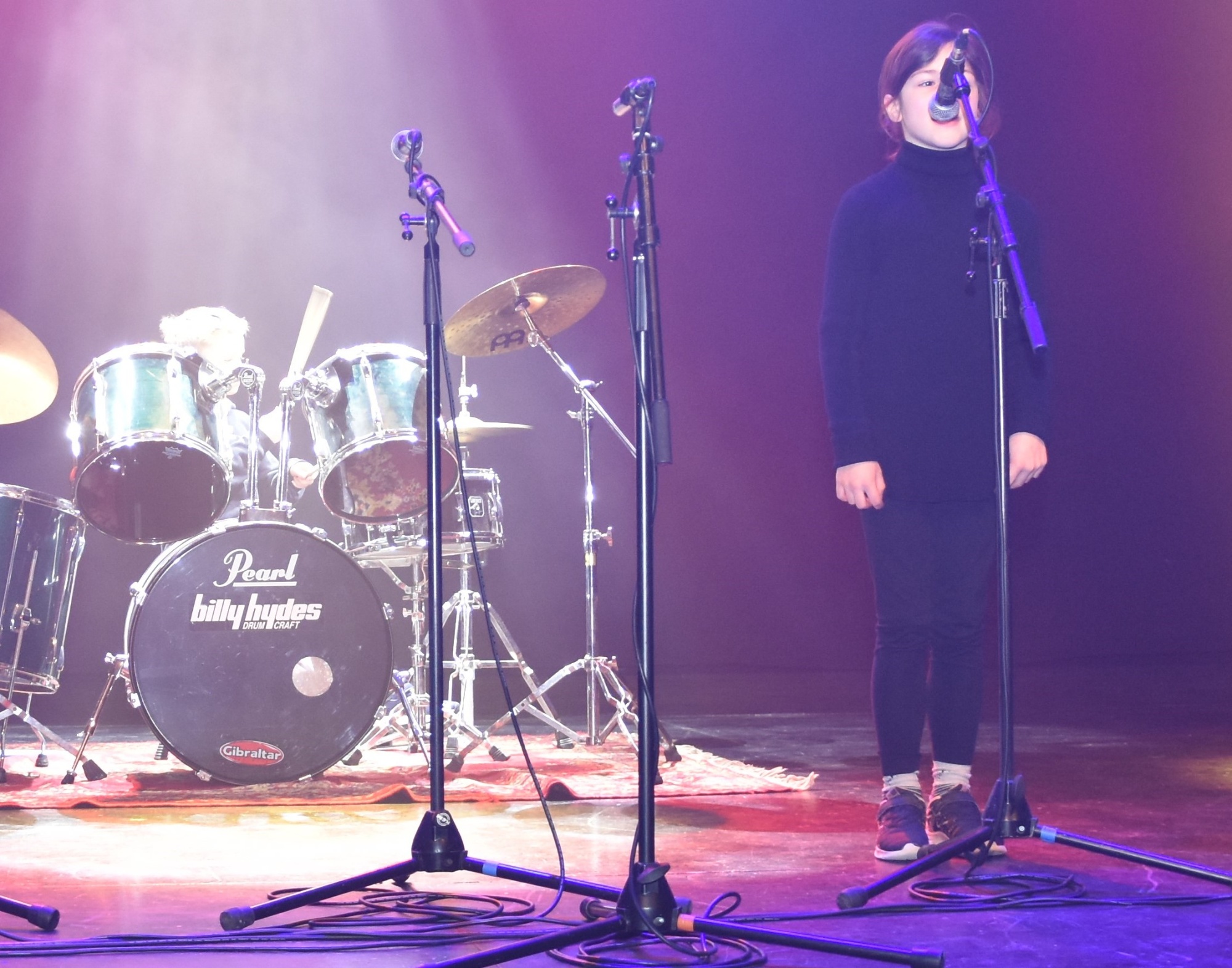MUSIC
BEAFORD COMMUNITY PRIMARY & NURSERY Academy
Vision for Music

Music gives a soul to the universe, wings to the mind, flight to the imagination and life to everything”.
Plato; Greek philosopher
VISION
Every child will leave Beaford Community Primary and Nursery School with a solid foundation in musical skills and a love of music.
IMPACT
At Beaford, music is creative and enjoyable, as well as academic and demanding. Children will be taught a love and understanding of music through the following eight main strands;
- Performance
- Pulse and rhythm
- Singing
- Composition
- Notation
- Listening
- Music appreciation
- Significant people
IMPLEMENTATION
Teaching and Learning
All children receive one music lesson a week and are taught to play an instrument as part of their whole class music lesson for at least one term every year. As pupils progress throughout our school, they develop a growing vocabulary of musical technicalities (pitch, duration, dynamics, tempo, timbre, structure). This growing vocabulary aims to increase a critical engagement with music, allowing pupils to unpick what makes music sound the way it sounds, allowing them to compose and listen with discrimination and understanding. Pupils are given opportunities to listen to, perform, record and evaluate music across a range of genres and styles, from hip hop to soul to classical. Children are taught core skills such as reading basic staff notation and technical vocabulary through warm-ups at the start of every lesson, as well as in the lessons themselves. These concepts are therefore consistently revisited, enabling children to use them in an increasingly sophisticated way over time. At Beaford, we use Charanga Musical School as an online resource to support the teaching of music and map out the progression of skills and knowledge in each year group.
Music teaching at Beaford allows children to build their futures by preparing them for secondary school music - they are challenged to use notation and composition at a young age. The teaching of music helps to build children’s confidence through performance and the practical nature of the subject.
Singing
Singing is central to music in our school. Children are taught singing in a weekly whole school singing assembly, with singing sometimes included in other assemblies throughout the week. During whole school singing assemblies, we use pictorial lyrics created using Widget Online to ensure the lyrics to the songs we are singing are accessible to all. In singing assemblies, the whole school sing a range of songs together, including singing different parts, singing in a round, call and response songs. Children from different year groups volunteer to lead different songs or parts of songs during singing assembly. Singing plays an important role in school events throughout the year including Christmas plays, Year 6 productions, Harvest festivals, Christmas carol concerts and Easter services. At Beaford, all children are invited to join the school choir. During singing assemblies, children who learn an instrument inside or outside of school are given opportunities to perform to the whole school.
Additional Music Teaching
At Beaford, we have a specialist music teacher who offers children the opportunity to learn an instrument (guitar, drums, keyboard, piano) in a one-to-one lesson paid for by parents.
Performance opportunities and community links
Performance is an important aspect of being a musician. Regular sharing assemblies and productions are held for children to perform in and we endeavour to take part in performances within the wider community. Every two years, we hire the Queen's Theatre and invite children to take part in a music "Proms Concert" on stage where they perform a range of solo performances, class performances and a large performance with the other schools within TEAM Multi-Academy Trust.
IMPACT
Children demonstrate their ability in music in a variety of different ways. The teacher assesses children’s work in music by making informal judgements as they observe them during lessons. Children are also encouraged to make judgements about how they can improve their own work. At the end of a unit of work, the teacher makes a summary judgement about the work of each pupil which is recorded and fed into end of year reports.

